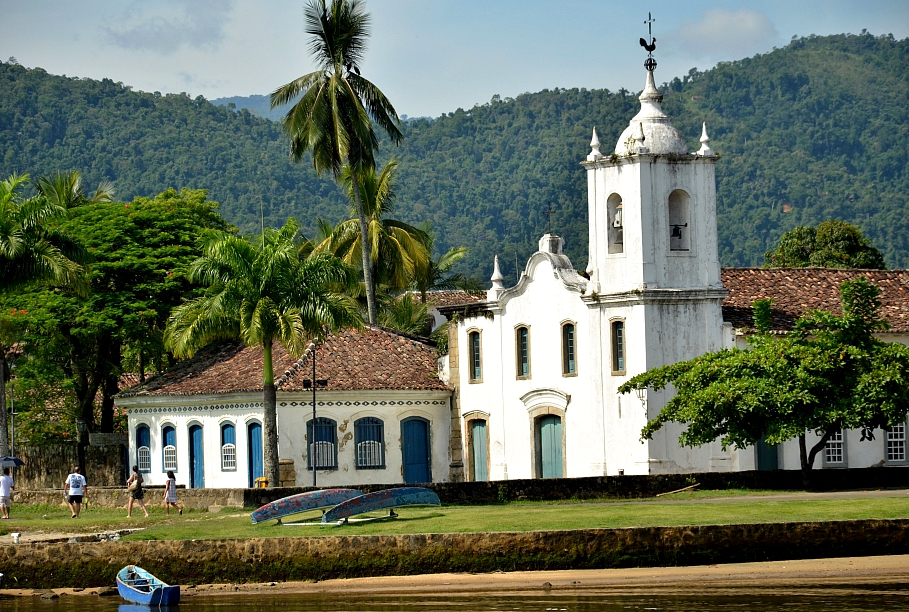The mostly baptist Latvian group fled the country soon after World War I as they were promised that, as the apocalypse approached, they would be admitted to heaven straight away if they went to Brazil.
"A religious motivation appeared as there were people who had seen revelations that the Red Dragon is coming, [..] and these thoughts about the end of the world [..], yes, they took root," said Pēteris Sproģis, the bishop of the Union of Baptist Churches in Latvia.
The Latvian emigrants established a cooperative colony in the middle of the jungle. There, life was similar to communism - in the good sense of the word - with people looking after the weak and helping their neighbors.
The colonists even established a typography as well as produced their own electricity and manufactured metal tools.
However, Sproģis said that, in the beginning at least, they definitely weren't fit for the arduous task of colonizing the jungle - some of them had a university education and had never done manual work. In the first two years about 200 died due to difficult circumstances.
However the sacrifice has not been in vain. Another reason why Latvians went there was to spread the message of God.
"There's a big Latvian influence on Brazilian church life," Sproģis said. It's difficult to tell the exact figures but Brazilian pastors have told Sproģis about 2,000 congregations could have been established with Latvian participation.
For a while, the colony was home of a church with 1,000 seats - at the time the largest Protestant church in Brazil.
As World War II started, a part of the Latvians moved to neighboring Bolivia because of a ban on foreign-language church services. They continued to spread the word of God there.





























